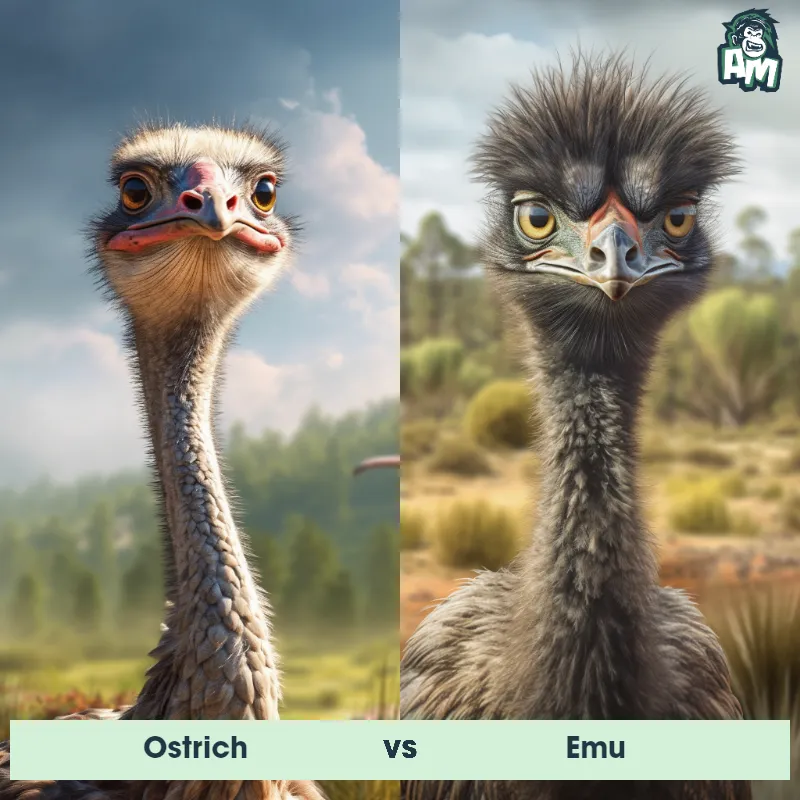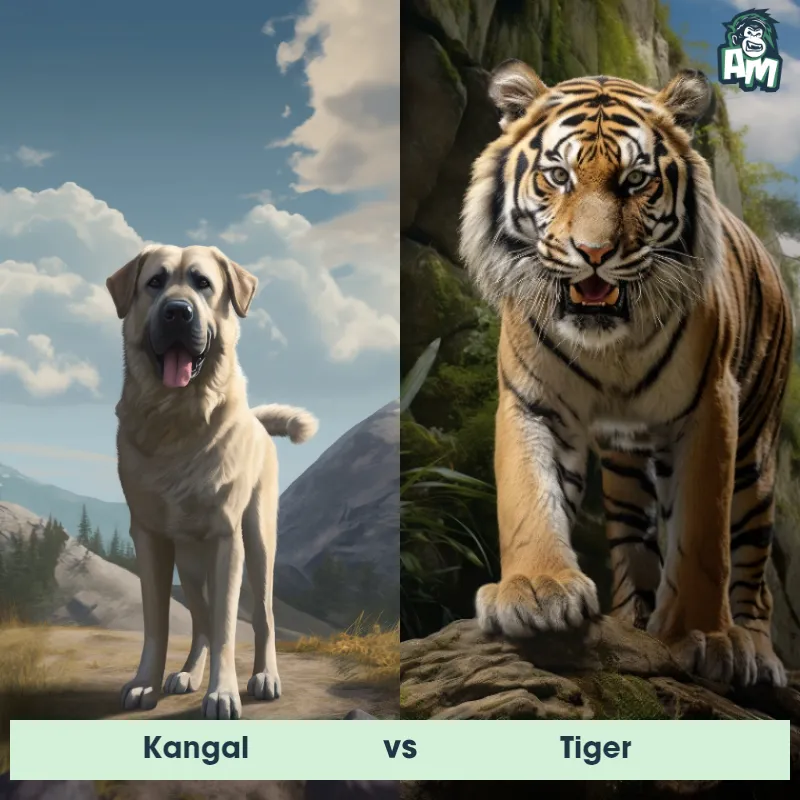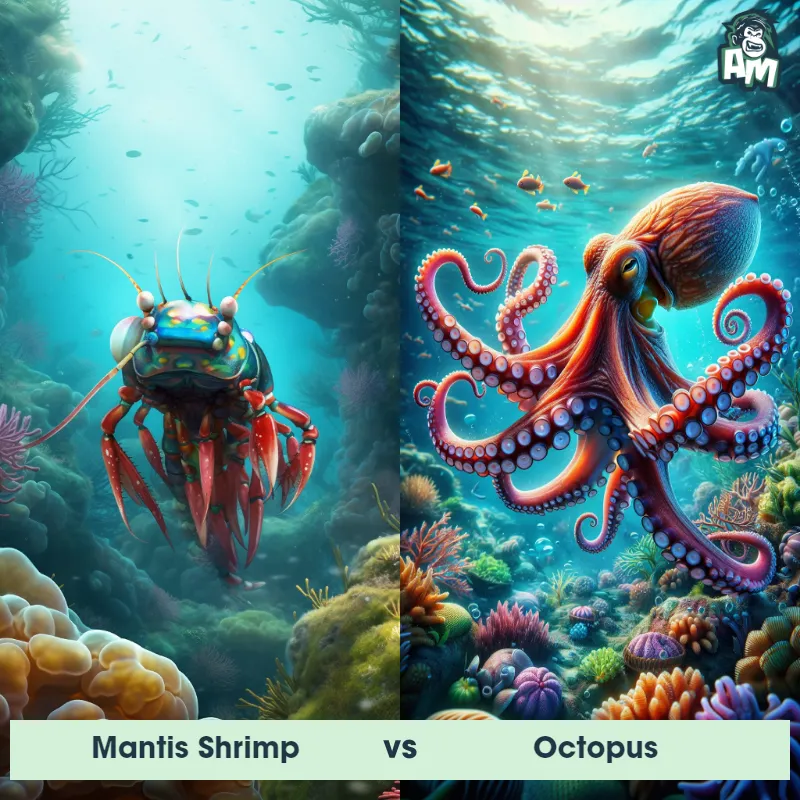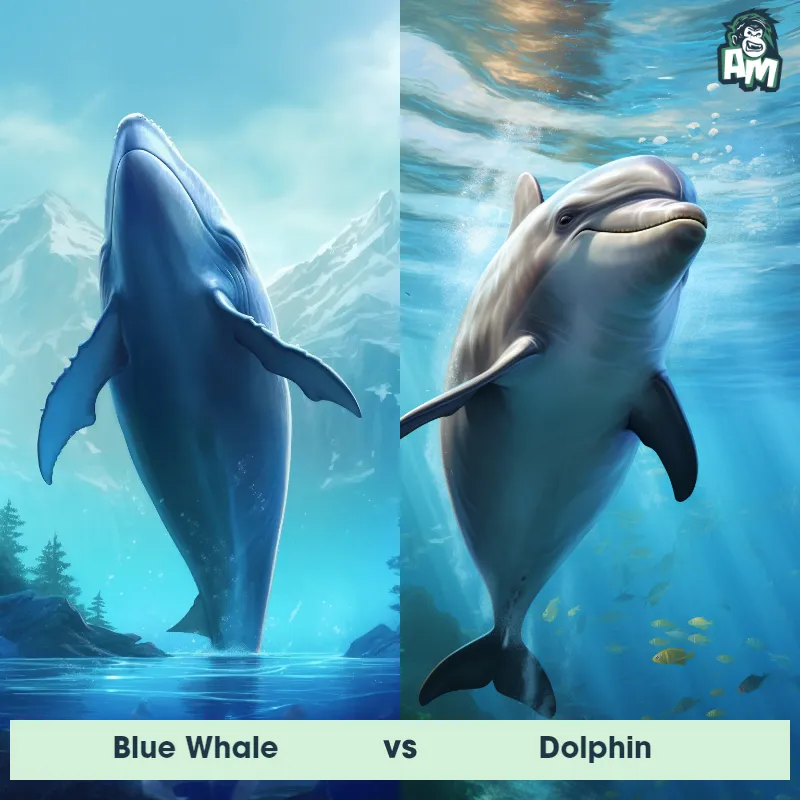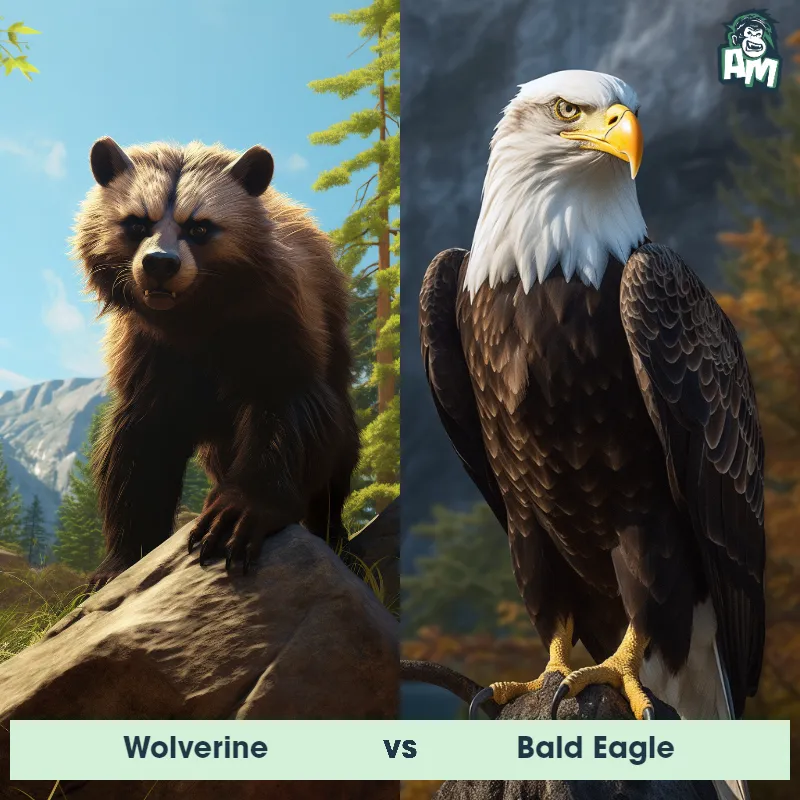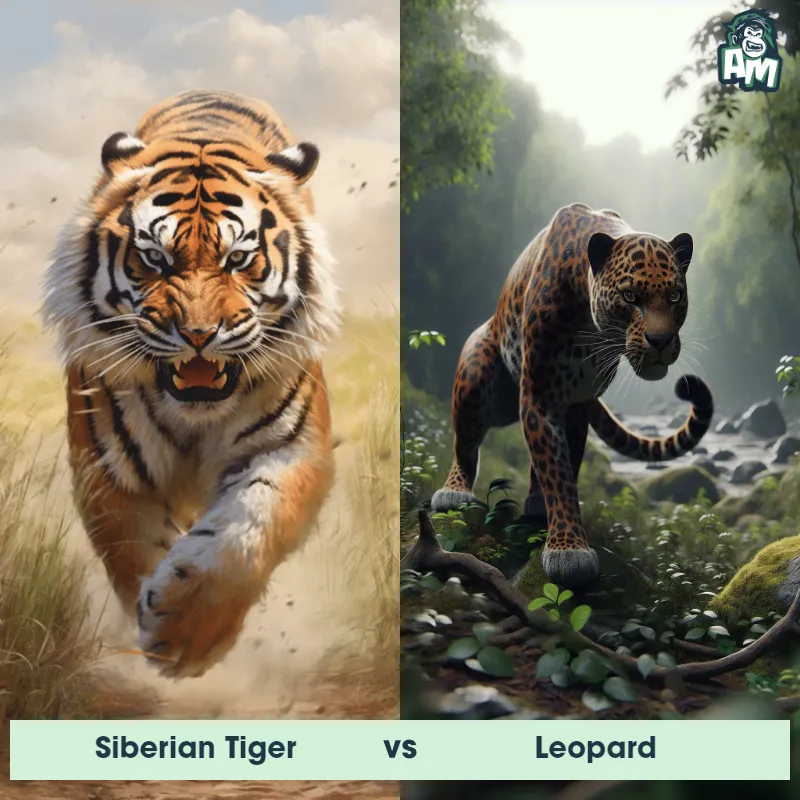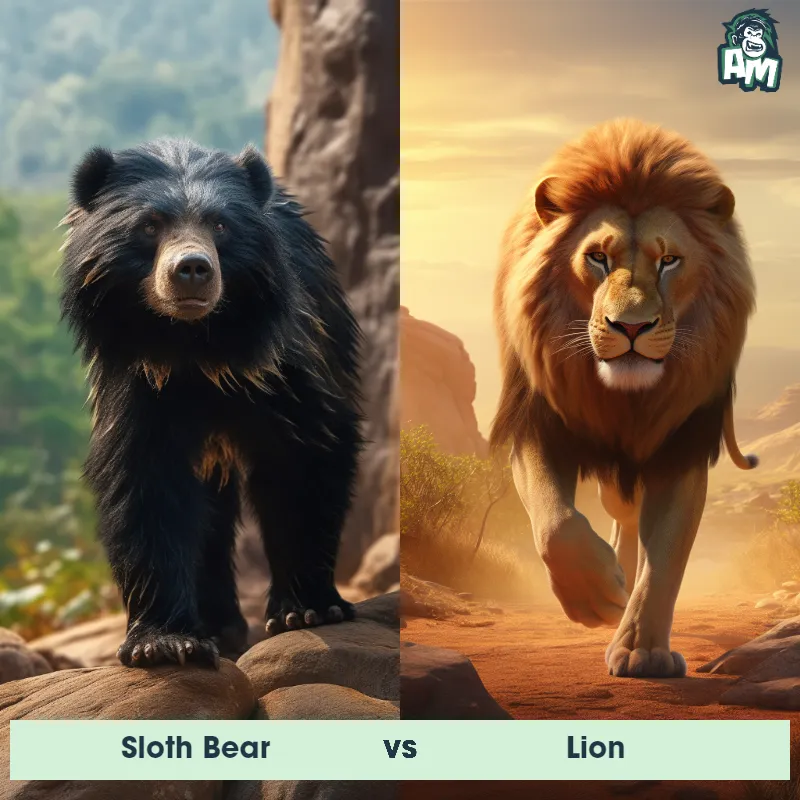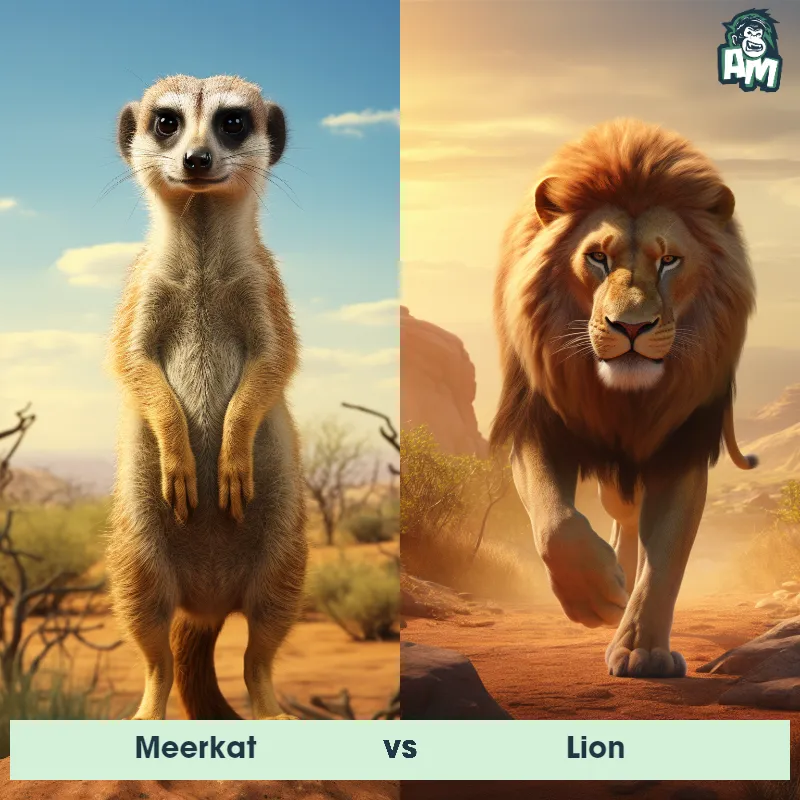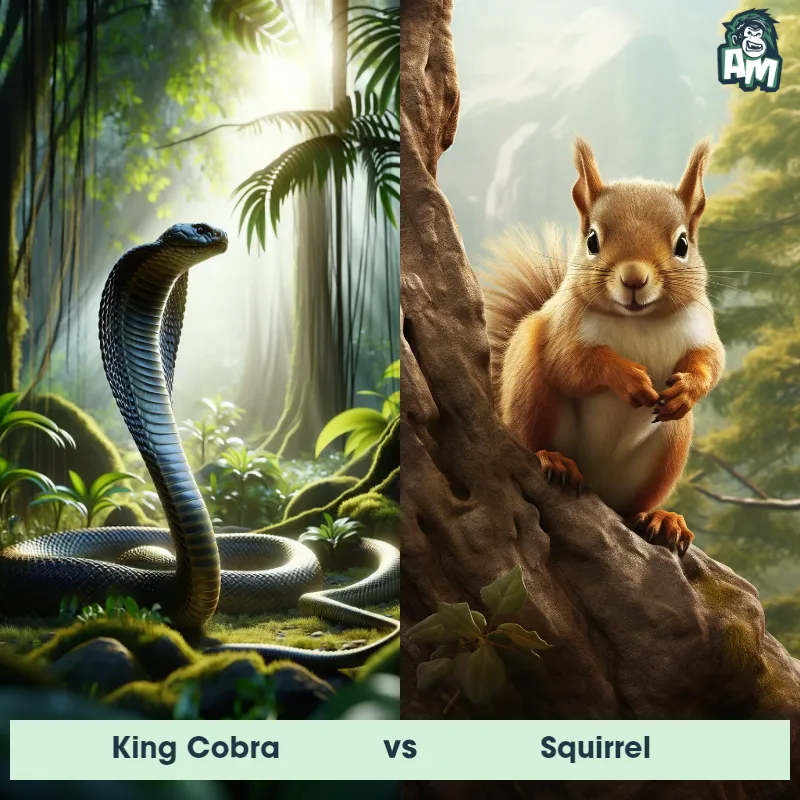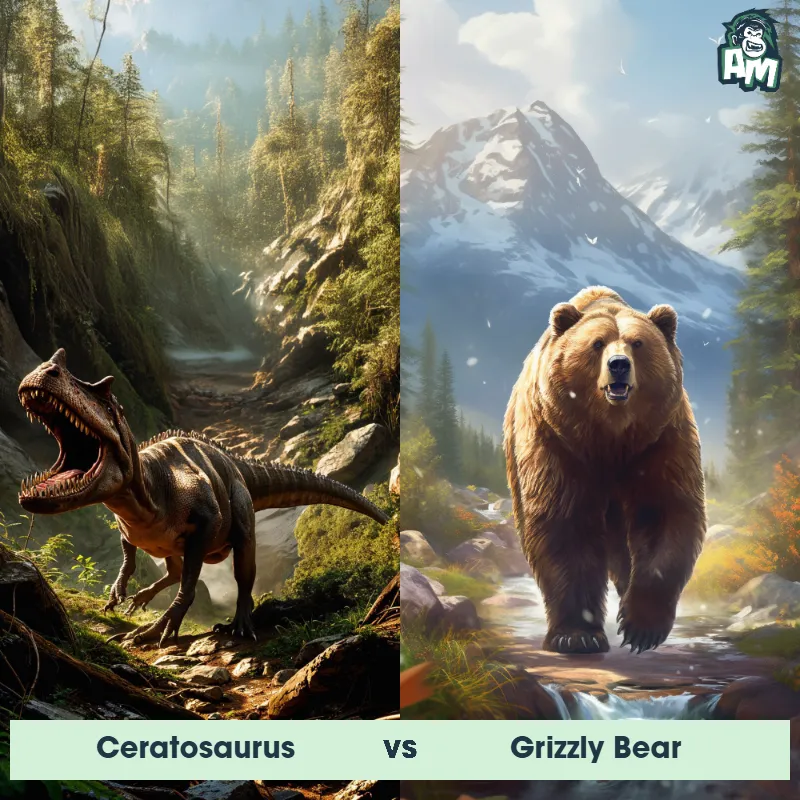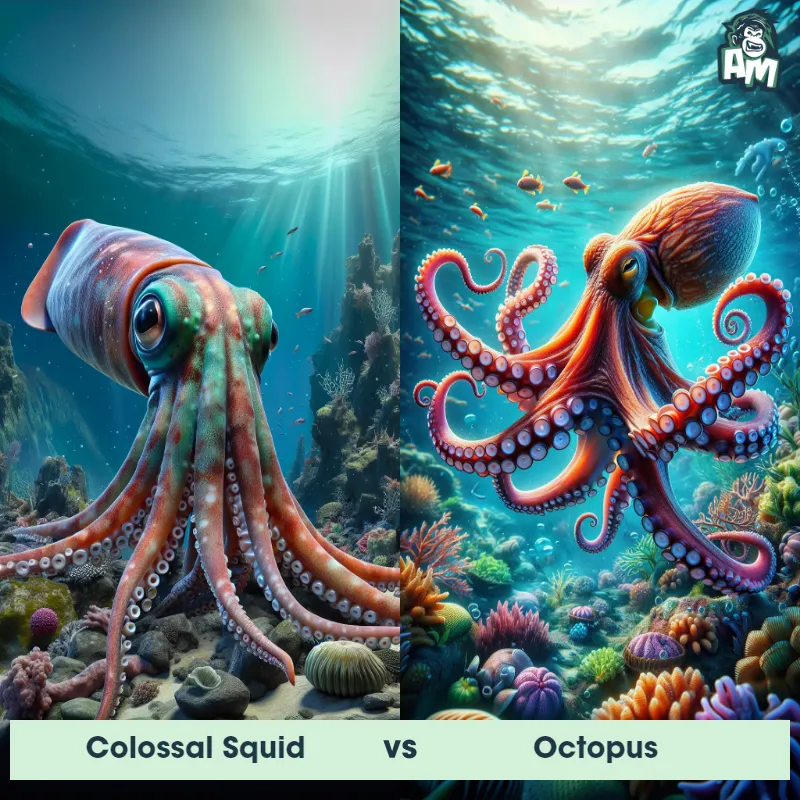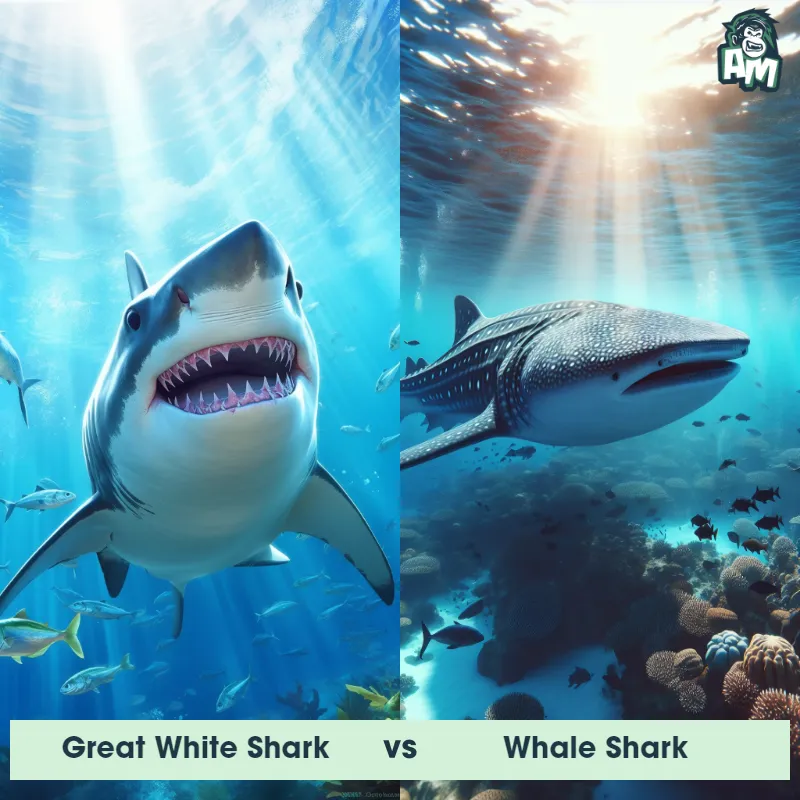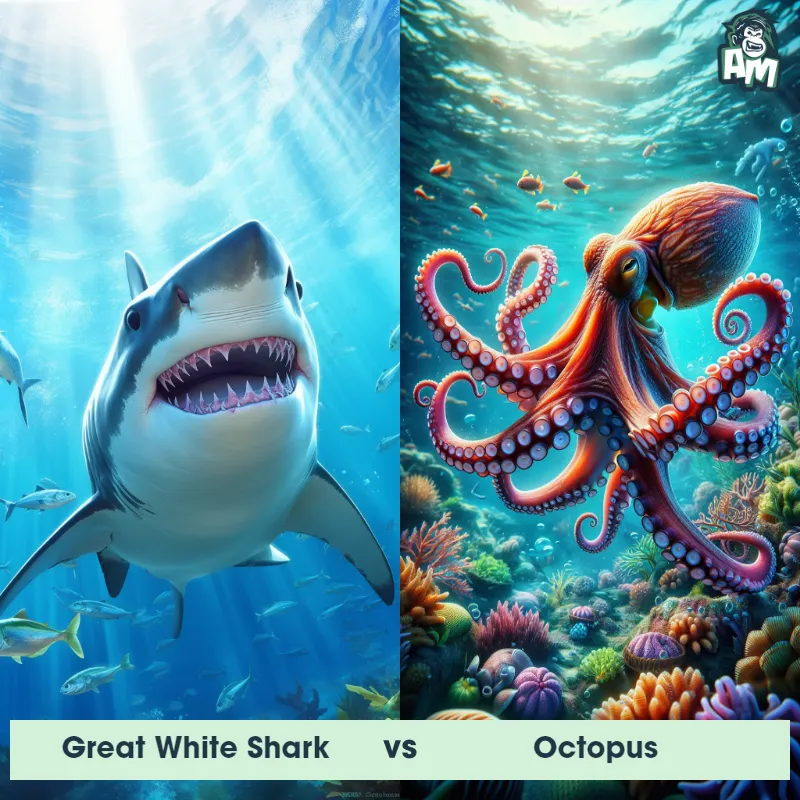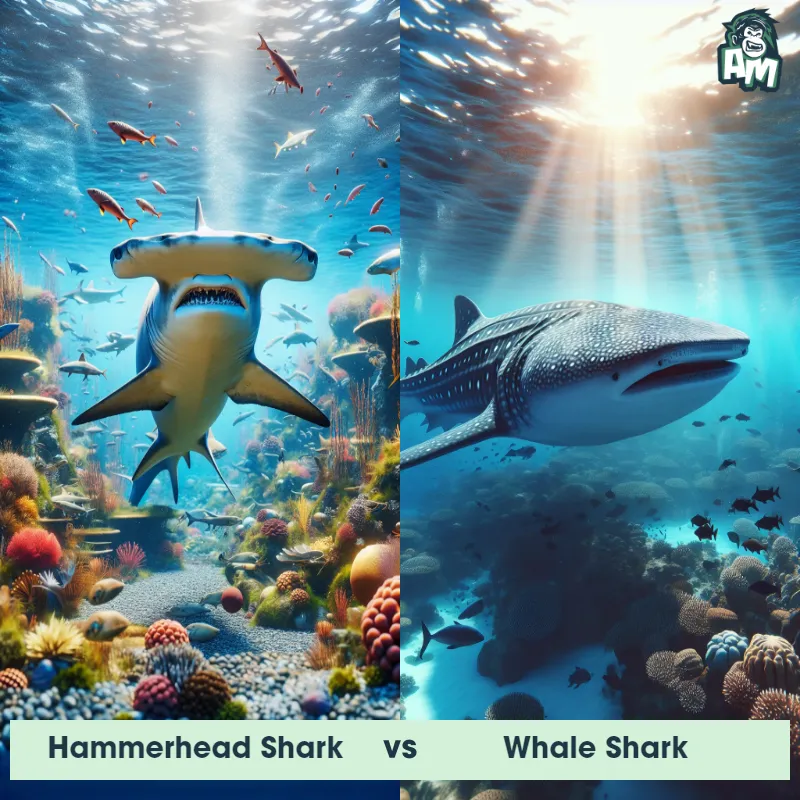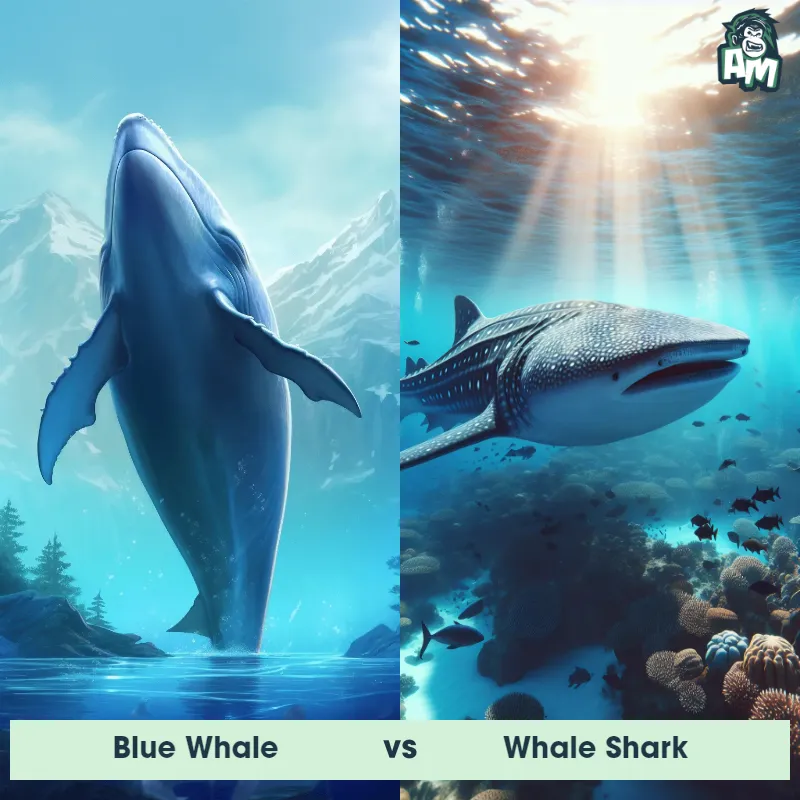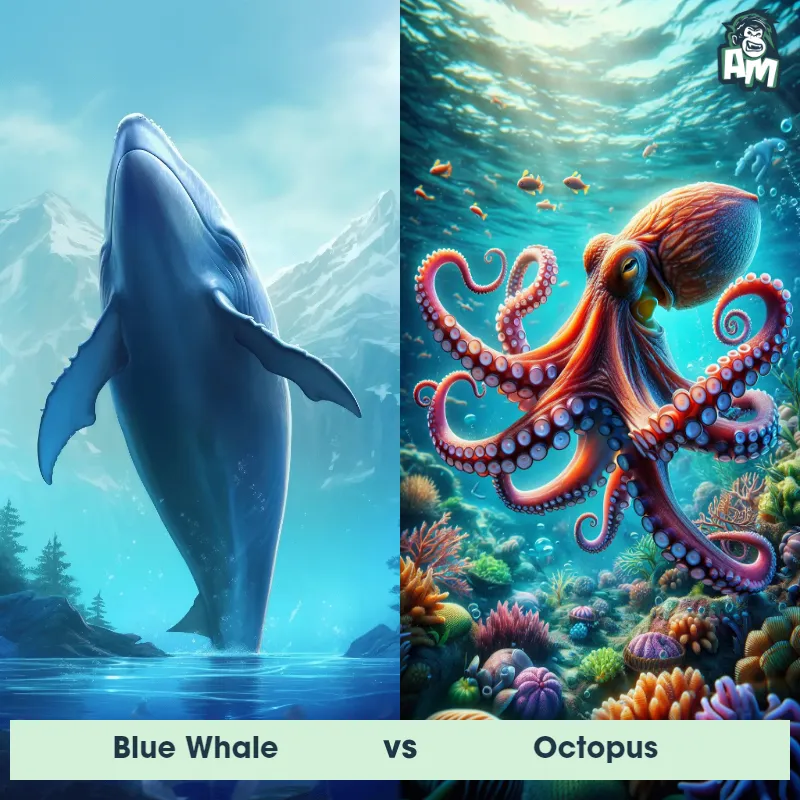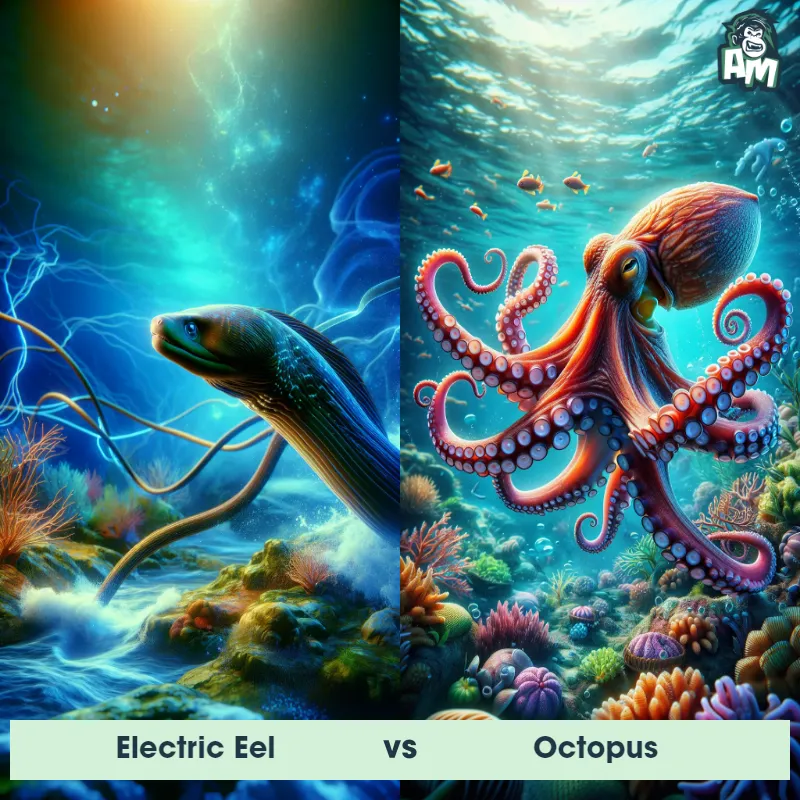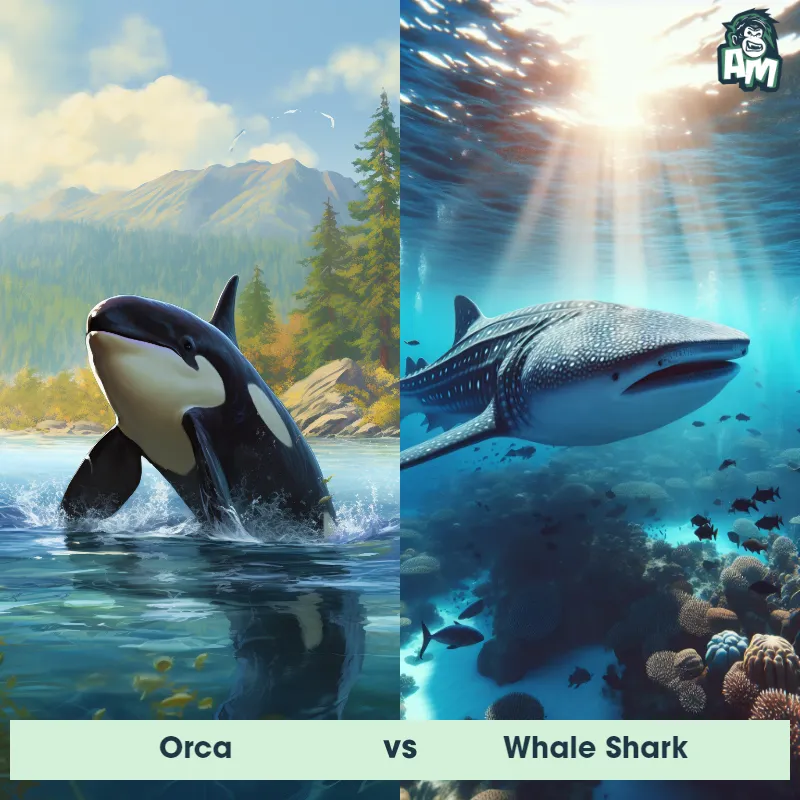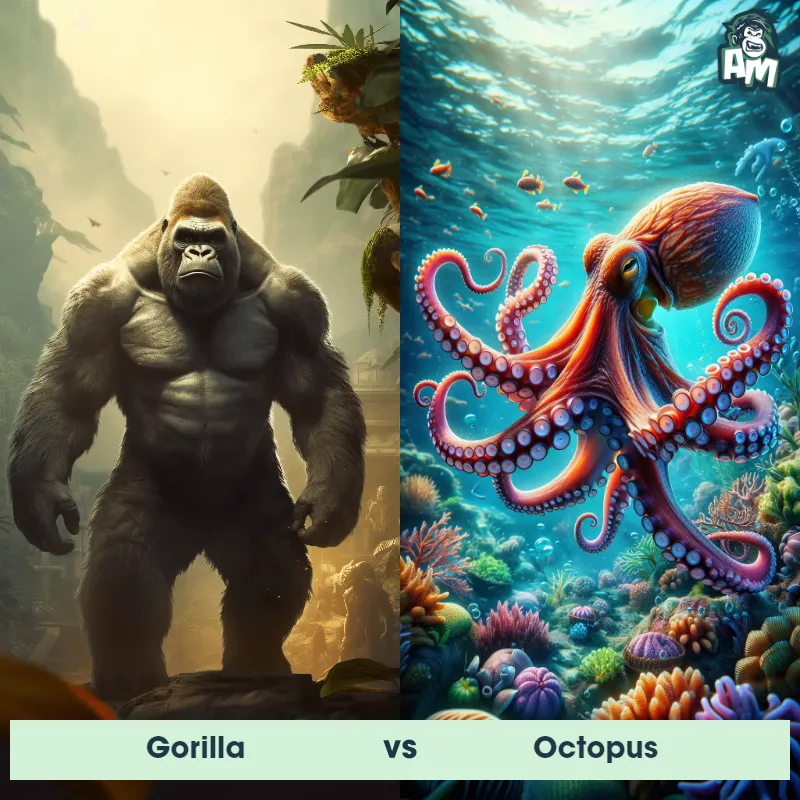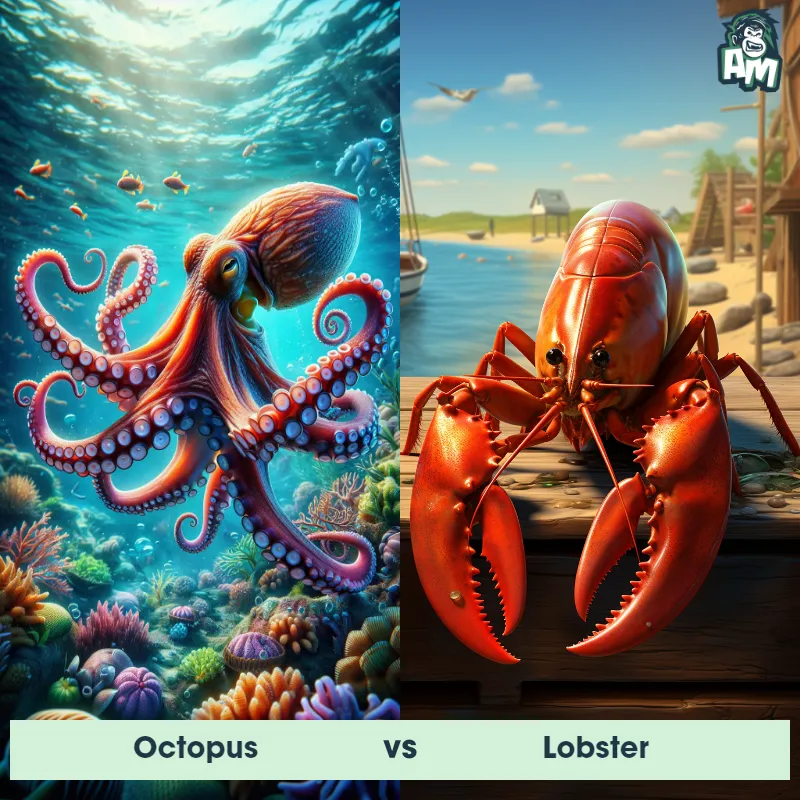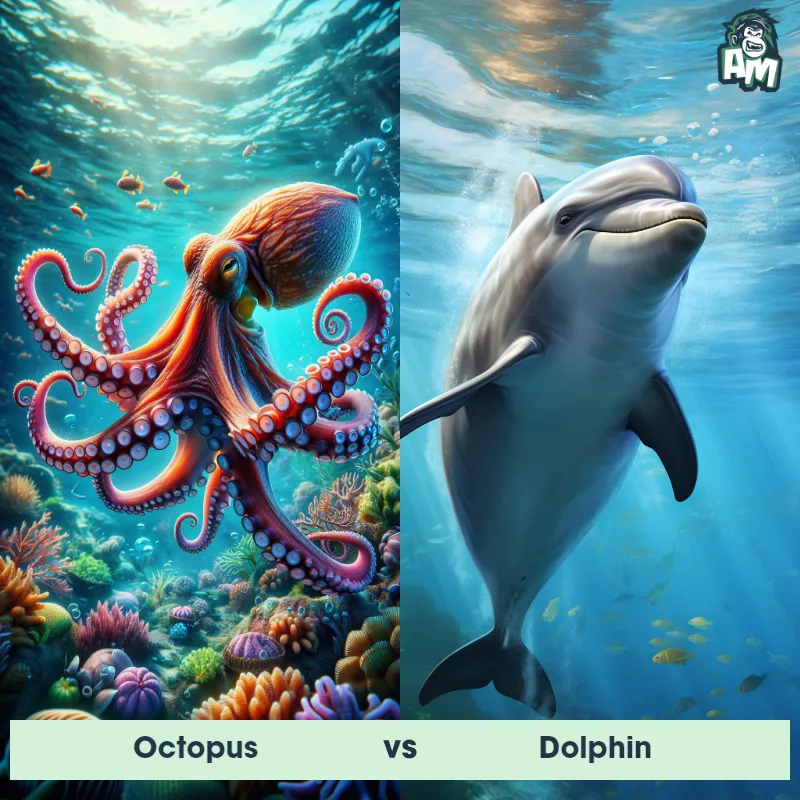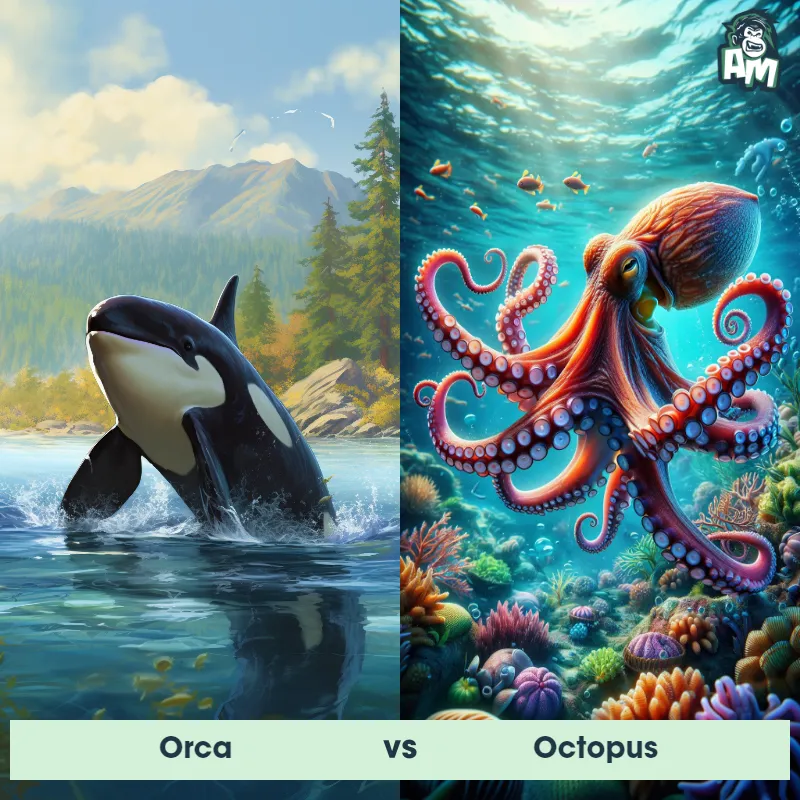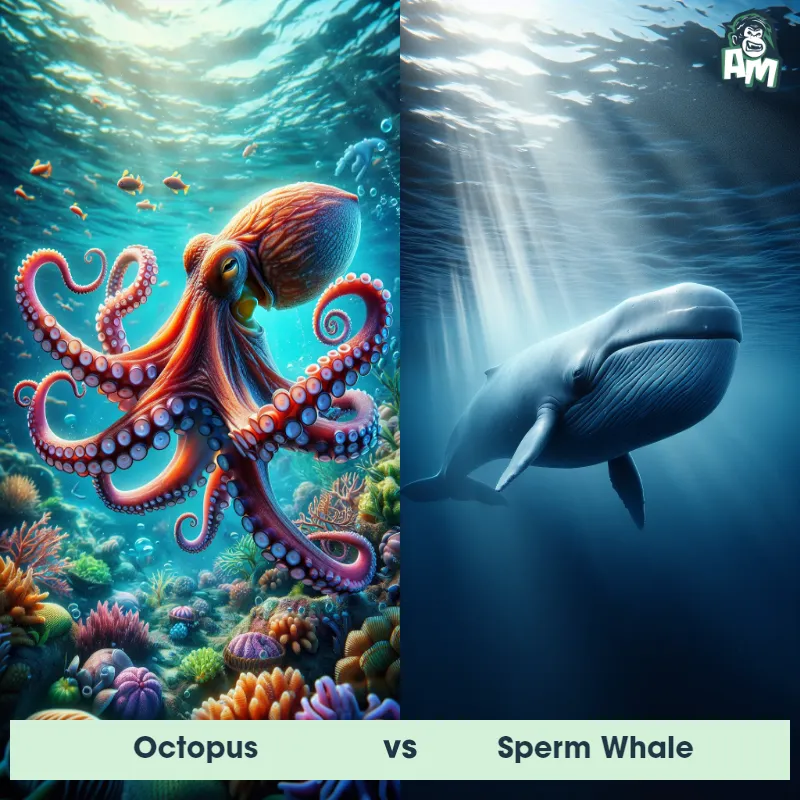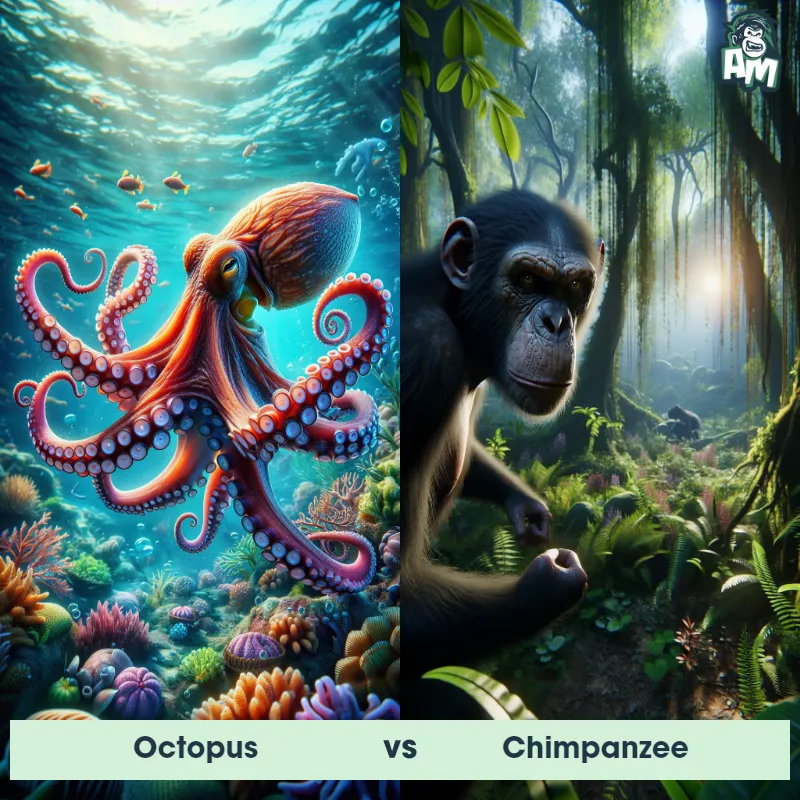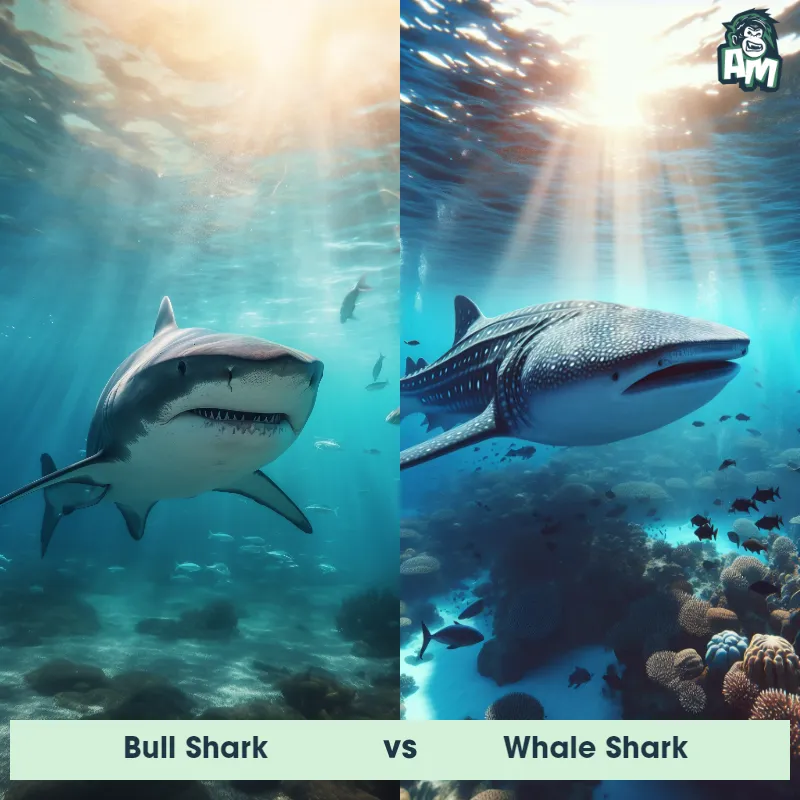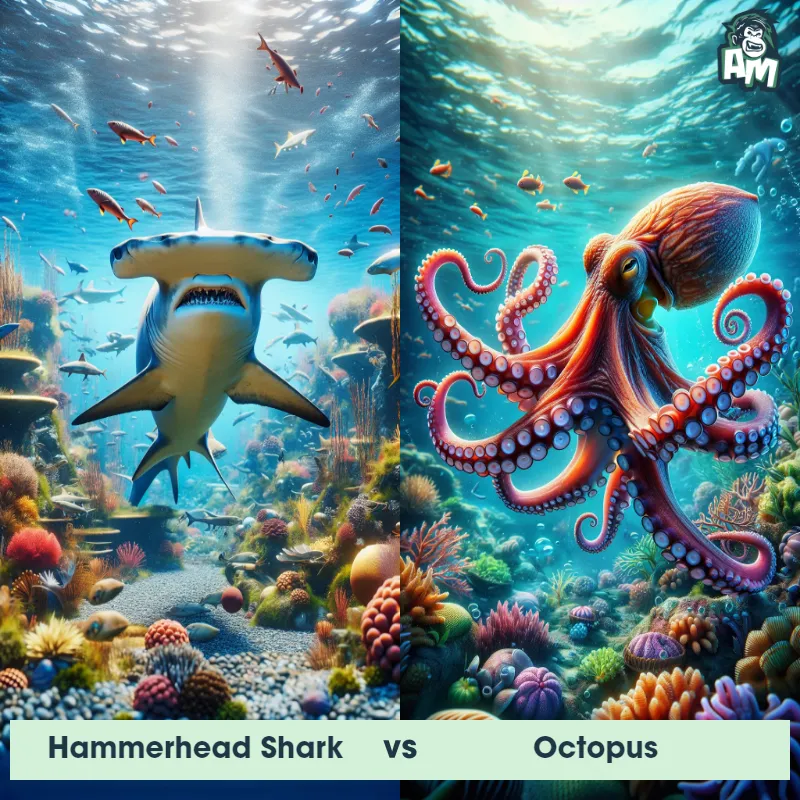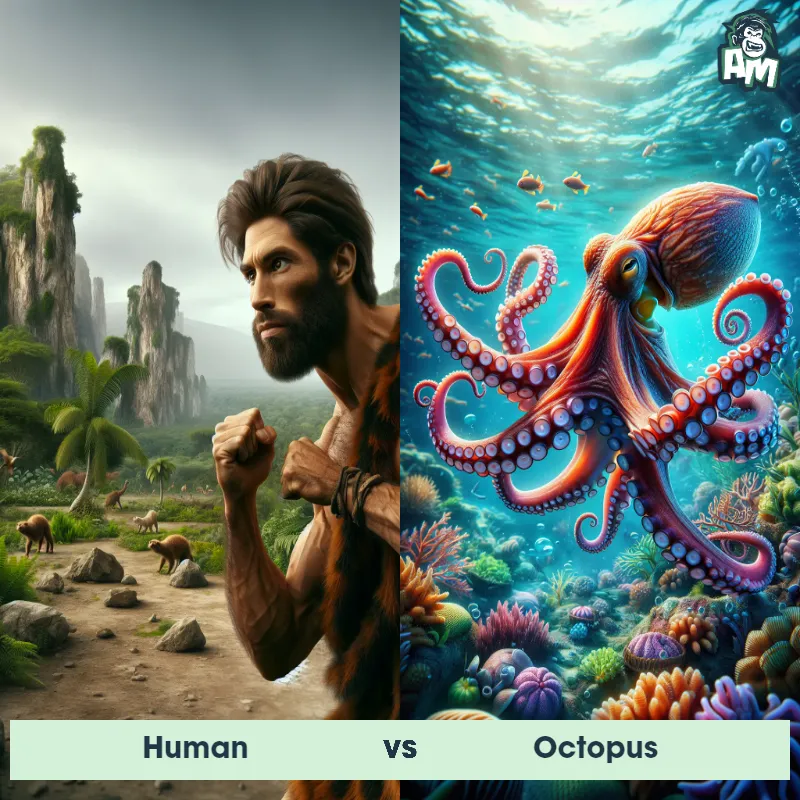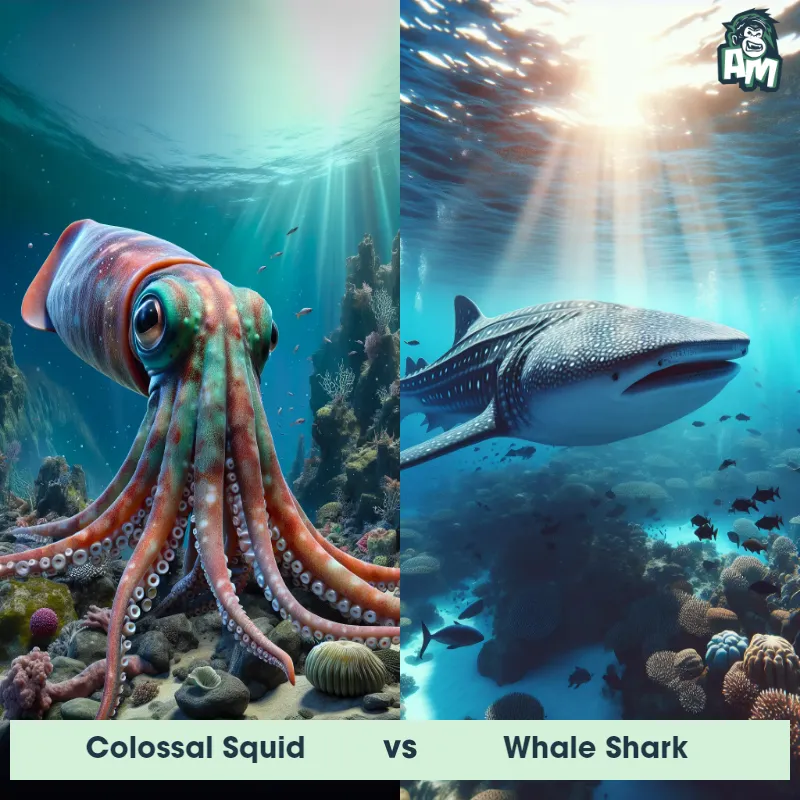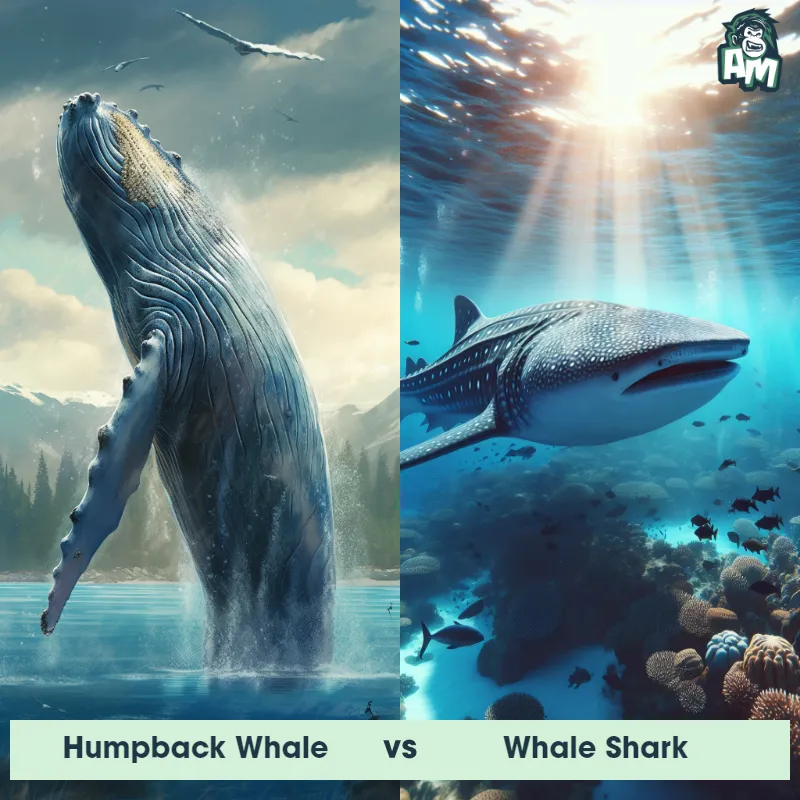Octopus vs Whale SharkSee Who Wins
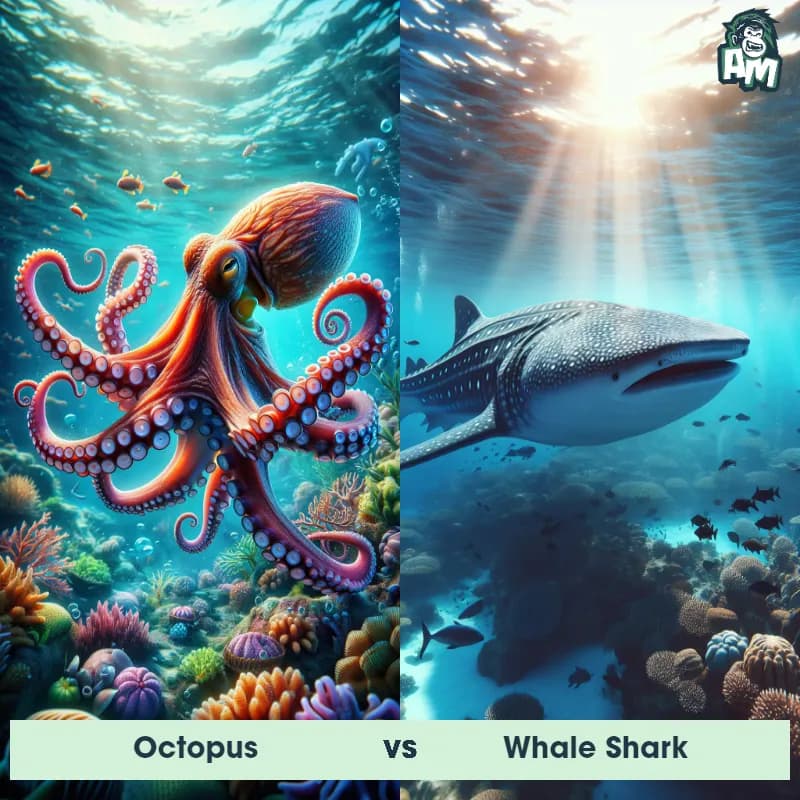
Ladies and gentlemen, welcome to this extraordinary matchup between two formidable opponents in the deep blue sea. In one corner, we have the mighty Octopus, known for its exceptional dexterity and intelligence. And in the other corner, we have the colossal Whale Shark, boasting an enormous size and unparalleled strength. Let the battle begin!
Contender 1: Octopus
The octopus is a fascinating marine creature known for its rounded body, large eyes, and eight long arms lined with suckers. They belong to the class of mollusks known as cephalopods and are widely regarded as the most intelligent invertebrates. The octopus's skin color and texture can change dramatically, a trait used for both communication and camouflage. Octopuses are carnivorous, feeding mainly on crabs, shrimp, and other small sea creatures.
Fun Fact: Octopuses have three hearts; two pump blood to the gills, while the third pumps it to the rest of the body.
Contender 2: Whale Shark
The Whale Shark, known scientifically as Rhincodon typus, is the largest fish species in existence, reaching lengths of up to 40 feet and weighing around 20 tons. This gentle giant has a distinctive flattened head, a wide mouth lined with rows of small teeth, and a broad, rounded snout. Its body is covered in a unique pattern of light spots and stripes against a dark blue-gray color, which helps in camouflage. Despite its massive size, the Whale Shark is considered a filter feeder, sieving huge volumes of water through its gills to capture tiny plankton, small fish, and even small squid.
Fun Fact: The Whale Shark holds the title for being the largest fish in the ocean, but it is actually not a whale at all! It is a species of shark, classified under the order Orectolobiformes, which includes other well-known sharks like the Nurse Shark and the Wobbegong Shark.
Matchup Stats
| Octopus | Whale Shark | |
|---|---|---|
| Size | Varies by species, from 1 inch (2.5 cm) to 14 feet (4.3 m) in arm span | Up to 40 feet (12 meters) |
| Weight | Varies by species, from less than 1 ounce (28 grams) to 600 pounds (272 kilograms) for the largest species, the Giant Pacific Octopus | Around 20 tons (18,000 kilograms) |
| Speed | 25mph (40km/h) | 3mph (5km/h) |
| Key Strength | High intelligence, ability to change skin color and texture for camouflage, and use of ink for defense | None |
| Biggest Weakness | Soft body with no skeletal structure, making them vulnerable to larger predators | None |
Current Votes
Octopus vs Whale Shark
See Who Wins
View More Matches
Looking For More?
Similar Matches
Scientific Stats
| Octopus | Whale Shark | |
|---|---|---|
| Scientific Name | Octopoda | Rhincodon typus |
| Family | Octopodidae | Rhincodontidae |
| Habitat | Marine environments, from shallow coastal waters to deep-sea trenches | Open ocean |
| Geography | Worldwide, in all oceans | Tropical and warm waters worldwide |
| Diet | Carnivorous, feeding mainly on crabs, shrimp, and other small sea creatures | Plankton, small fish, and small squid |
| Lifespan | 1 year - 5 years | 70 years - 100 years |
Key Differences between Octopus and Whale Shark
- Size: The Whale Shark can grow up to lengths of 40 feet, while the Octopus is significantly smaller, with the largest species reaching only about 9 feet in length.
- Habitat: Whale Sharks are exclusively marine animals, inhabiting warm tropical oceans and are often found near the water's surface; whereas Octopuses are highly adaptable and can be found in various marine environments such as coral reefs, rocky shores, and even deep-sea trenches.
- Body Shape: The Whale Shark has a streamlined body resembling that of a large fish, with a flattened head and a large, wide mouth; whereas the Octopus has a soft, rounded body with a bulbous head and no distinct skeleton.
- Reproductive Strategy: Whale Sharks are ovoviviparous, meaning they give birth to live young who develop from eggs hatched inside the mother; in contrast, Octopuses are semelparous, meaning they reproduce only once in their lifetime and die shortly after their eggs hatch.
- Skin Pattern: The Whale Shark possesses a unique pattern of pale yellow spots and stripes on its dark grayish-blue skin; in contrast, the Octopus has a mottled skin that can change color and texture for camouflage, often featuring various shades of red, brown, or white.
- Appendages: Whale Sharks have two large pectoral fins on each side of their body, and a powerful tail fin for propulsion; while Octopuses have eight long and flexible arms covered in suction cups, aiding them in capturing prey and manipulating objects.



